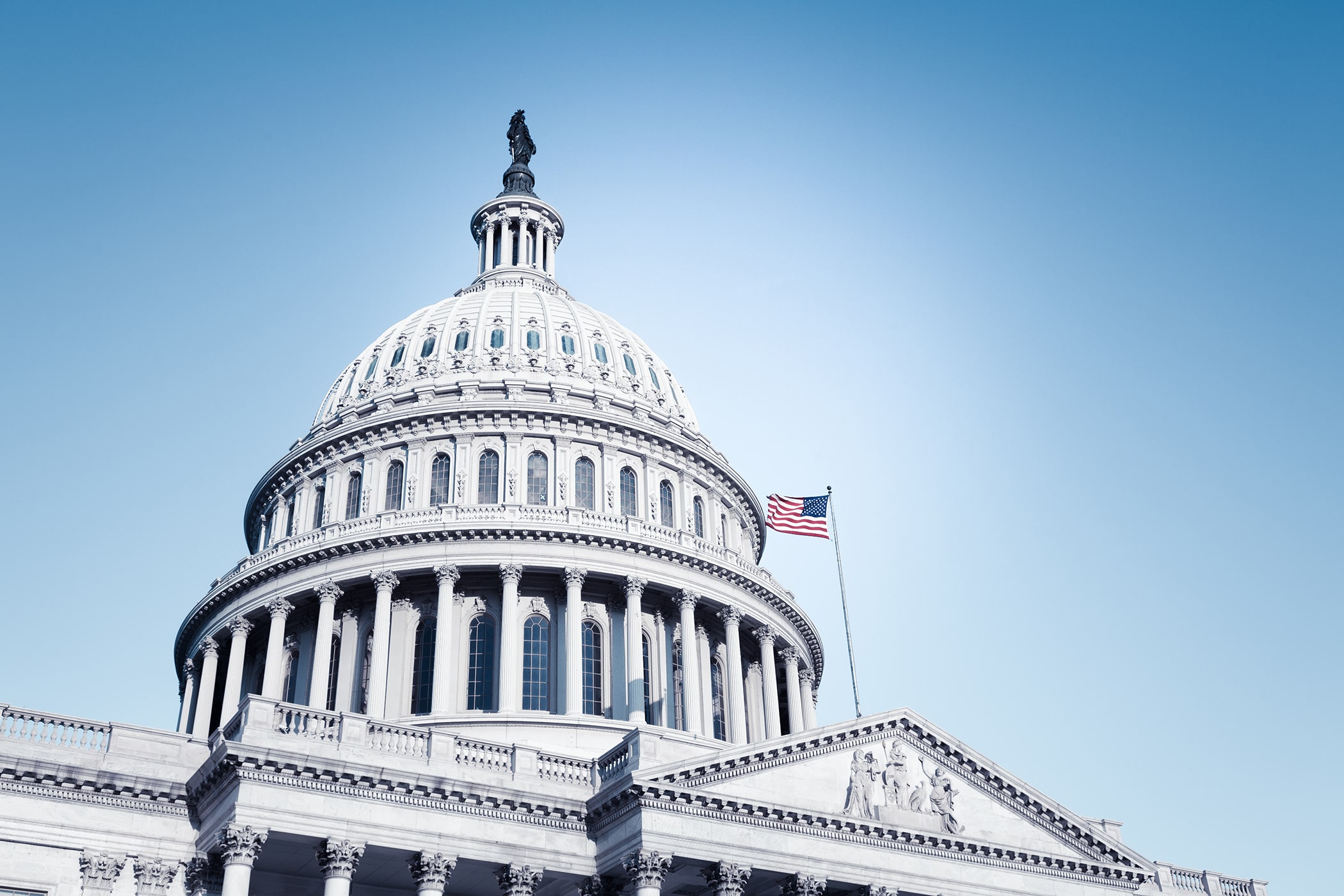
Allen Steinberg : Perspectives
Employee benefit plans—especially retirement and health care—have become an increasingly important part of the employment relationship. For employers, these plans represent an important part of the total compensation package, a tool for retention and recruitment, and a growing financial and compliance burden. For employees, these plans represent a key part of their overall financial security and wellbeing, a financial burden, and a source of complexity and frustration. In effect, it’s complicated. Our firm is dedicated to helping employers manage these complexities and focus on the important things.
Contact Allen Steinberg23.01.2026 02.34 CST
The Next Wave of Fiduciary Challenges

New ERISA lawsuits target voluntary benefit plans, alleging fiduciary breaches by employers and brokers over commissions, fees, and plan oversight.
02.12.2025 10.49 CST
Minnesota Paid Leave Law: A Law of Unintended Consequences

Minnesota’s paid family leave law affects payroll, taxes, and retirement plans. Learn key employer responsibilities and compensation impacts for 2026.
09.09.2025 10.28 CDT
Empower and Vanguard Penalized for Undisclosed Conflicts

On August 29, the SEC issued orders against units of Empower and Vanguard for inadequate and misleading disclosure regarding the firms’ conflicts of interest in promoting their managed account products.
22.08.2025 09.32 CDT
Doors to Swing Open for Alternative Investments

The President directs DOL to reconsider its position on alternative assets in DC plans.
05.06.2025 10.08 CDT
Expanded Self-Correction Options: A New Era of Flexibility

Congress and regulators ease plan corrections. This is welcome relief.